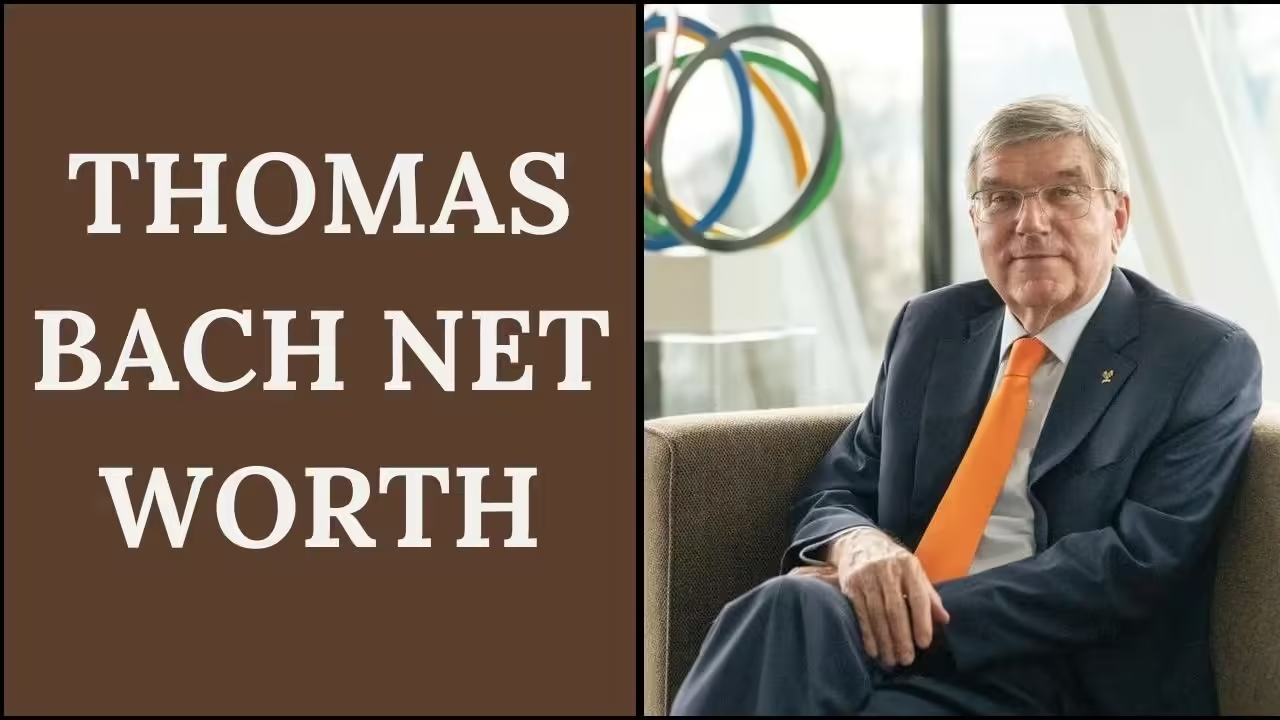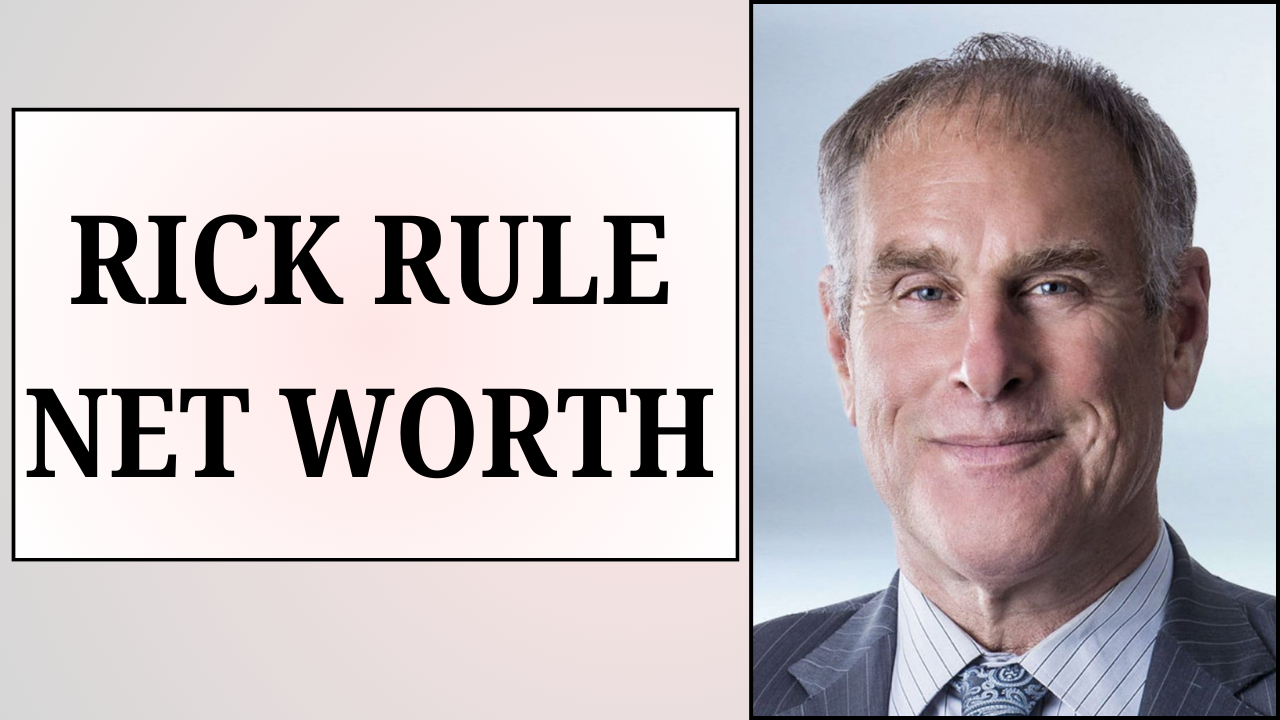Thomas bach net worth: When we think of the Olympics, we often envision athletes pushing their limits and nations coming together for a celebration of sportsmanship. Behind these grand spectacles, however, stand influential figures who shape the very essence of these games. Thomas Bach, the President of the International Olympic Committee (IOC), is one such individual. With an estimated net worth of around $4 million as of 2024, Bach’s legacy extends far beyond his financial success.
In this post, we will explore Thomas Bach’s multifaceted career, his contributions to the global sports community, and the impact he has had on the Olympics. Whether you are a sports enthusiast, an Olympic fan, or a business leader, you’ll find valuable insights into the life and achievements of this remarkable figure.
The Early Years of Thomas Bach
Thomas Bach was born on December 29, 1953, in Würzburg, Germany. From a young age, he showed a keen interest in sports, particularly fencing. His dedication and talent led him to compete at the highest levels, eventually earning a gold medal in team fencing at the 1976 Summer Olympics in Montreal.
These formative years were instrumental in shaping Bach’s future. His experiences as an athlete provided him with a unique perspective on the world of sports, one that would guide his later endeavors in sports administration. Understanding the challenges and triumphs of athletes firsthand gave him a compassionate and insightful approach to his role as a leader.
Transition from Athlete to Sports Administrator
After retiring from competitive fencing, Thomas Bach pursued a career in law. He earned his doctorate in law from the University of Würzburg, which enabled him to blend his passion for sports with his legal expertise. This combination set the stage for his eventual involvement in sports administration.
Bach’s legal background proved invaluable as he navigated the complex landscape of international sports organizations. His ability to understand both the regulatory and operational aspects of sports administration allowed him to make significant contributions to various sports bodies. This transition from athlete to administrator marked the beginning of his influential career in the sports world.
Ascending to the IOC Presidency
Thomas Bach’s ascent to the presidency of the International Olympic Committee was a culmination of decades of dedication and service. He joined the IOC in 1991 and quickly became known for his strategic vision and leadership skills. His roles within the organization included serving as a member of the Executive Board and as Vice President of the IOC.
In 2013, Bach was elected as the ninth President of the IOC. His election marked a new era for the organization, as he brought with him a wealth of experience and a deep understanding of the Olympic movement. Under his leadership, the IOC embarked on ambitious reforms aimed at ensuring the sustainability and integrity of the Olympic Games.
Championing Olympic Agenda 2020
One of Thomas Bach’s most significant contributions as IOC President has been the implementation of Olympic Agenda 2020. This strategic roadmap was designed to address the evolving challenges facing the Olympic movement and to ensure its long-term viability.
Olympic Agenda 2020 encompasses a wide range of reforms, including measures to enhance transparency, promote sustainability, and increase the inclusivity of the Games. For instance, the agenda emphasizes the importance of gender equality, resulting in a more balanced representation of male and female athletes in recent Olympics.
Bach’s vision for the future of the Olympics has been instrumental in adapting the Games to modern societal values. By championing these reforms, he has reinforced the relevance and appeal of the Olympics in an increasingly complex world.
Navigating Challenges and Controversies
Like any prominent leader, Thomas Bach’s tenure has not been without its challenges and controversies. The IOC has faced scrutiny over issues such as doping scandals, corruption allegations, and the logistical complexities of hosting the Games. Navigating these challenges requires a delicate balance of diplomacy, transparency, and decisive action.
Bach’s approach to these issues has been characterized by a commitment to upholding the integrity of the Olympic Games. He has spearheaded efforts to strengthen anti-doping measures, improve governance within the IOC, and ensure that host cities are well-prepared to deliver successful Games.
While controversies are inevitable in any large organization, Bach’s steadfast leadership has helped the IOC weather many storms, maintaining the credibility and prestige of the Olympics.
Enhancing Global Sports Development
Beyond the Olympic Games, Thomas Bach has been a staunch advocate for the development of sports at the grassroots level. He understands that the future of the Olympic movement depends on fostering a love for sports among young people and providing them with opportunities to participate.
Under Bach’s leadership, the IOC has launched initiatives aimed at promoting sports in underserved communities and supporting emerging athletes. These efforts include partnerships with organizations that provide sports programs and infrastructure in developing countries.
By prioritizing global sports development, Bach has ensured that the benefits of the Olympic movement extend far beyond the elite athletes who compete on the world stage. His commitment to inclusivity and accessibility has left a lasting impact on the global sports community.
The Financial Side of Leadership
While the Olympic spirit is often associated with ideals of unity and excellence, the financial aspects of running such a massive organization cannot be overlooked. Thomas Bach’s estimated net worth of around $4 million reflects his successful career, but it also underscores the significant responsibilities he shoulders as IOC President.
The financial health of the IOC is critical to the success of the Olympic Games. Bach has overseen efforts to secure lucrative sponsorship deals, media rights agreements, and other revenue streams that fund the organization and its initiatives. These efforts ensure that the IOC can continue to support athletes and host cities while maintaining the high standards expected of the Olympic Games.
The Role of Technology in Modern Olympics
Technology has revolutionized virtually every aspect of our lives, and the Olympic Games are no exception. Under Thomas Bach’s leadership, the IOC has embraced technological advancements to enhance the experience for athletes, spectators, and organizers alike.
From advanced training equipment to innovative broadcasting techniques, technology plays a crucial role in modern Olympics. The use of data analytics, virtual reality, and other cutting-edge tools has improved the performance of athletes and the engagement of fans around the world.
Bach’s willingness to integrate technology into the Olympic movement demonstrates his forward-thinking approach and his commitment to keeping the Games relevant in the digital age.
Promoting Sustainability in the Olympics
Sustainability has become a central theme in global discourse, and the Olympic Games are no exception. Thomas Bach has been a vocal advocate for incorporating sustainable practices into every aspect of the Games, from venue construction to waste management.
The IOC’s sustainability initiatives include efforts to reduce the carbon footprint of the Games, promote environmental conservation, and ensure that host cities benefit from lasting legacies. These measures align with the broader global push for sustainability and reflect Bach’s commitment to responsible leadership.
By prioritizing sustainability, Bach has positioned the Olympic Games as a model for other major events and organizations to follow. His leadership in this area highlights the importance of balancing tradition with innovation.
The Humanitarian Impact of the Olympics
The Olympic Games have always been more than just a sporting event; they are a celebration of humanity’s shared values and aspirations. Thomas Bach has emphasized the humanitarian impact of the Olympics, recognizing their potential to promote peace, understanding, and cooperation.
Through initiatives such as the Olympic Truce and the Refugee Olympic Team, Bach has highlighted the power of sports to bridge divides and bring people together. These efforts demonstrate the Olympics’ role as a force for good in the world, transcending political and cultural boundaries.
Bach’s focus on the humanitarian impact of the Olympics underscores his belief in the positive influence of sports on society. His leadership has helped reinforce the Games’ status as a symbol of hope and unity.
Engaging with the Olympic Community
Thomas Bach understands that the success of the Olympic movement depends on the engagement and support of the global Olympic community. This community includes athletes, coaches, officials, fans, and various stakeholders who contribute to the Games’ success.
Bach has made it a priority to engage with this diverse community through regular communication, collaboration, and outreach. His efforts to listen to the concerns and ideas of different stakeholders have fostered a sense of inclusivity and shared purpose within the Olympic movement.
By nurturing strong relationships within the Olympic community, Bach has ensured that the Games remain a collaborative and dynamic endeavor, reflecting the collective passion and dedication of everyone involved.
Conclusion
Thomas Bach’s legacy as President of the International Olympic Committee is a testament to his vision, dedication, and leadership. His contributions to the Olympic movement have been profound, shaping the Games in ways that resonate far beyond the arena.
From championing reforms and navigating challenges to promoting sustainability and humanitarian values, Bach’s impact on the Olympics is undeniable. His estimated net worth of $4 million pales in comparison to the priceless legacy he leaves behind.



